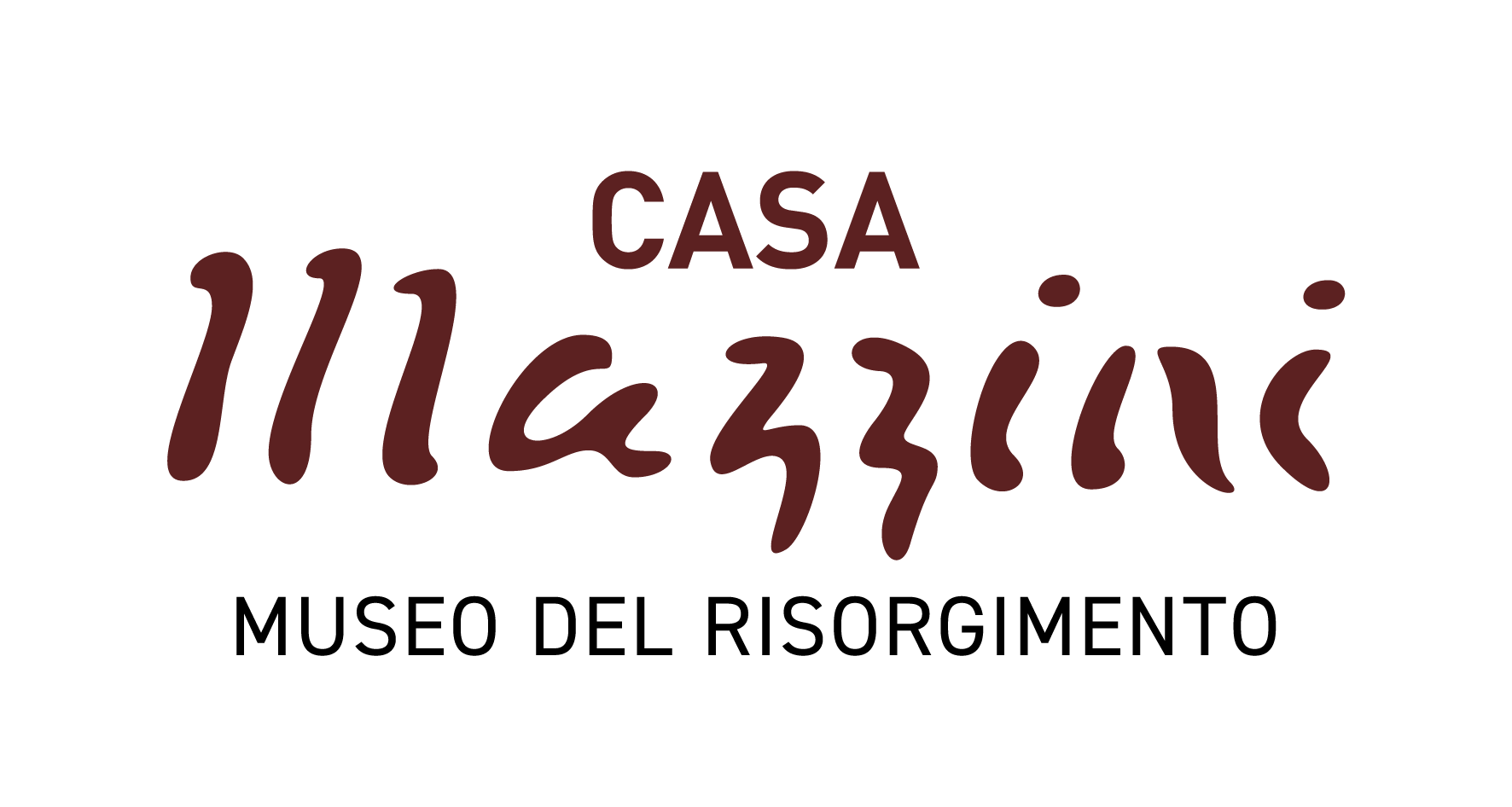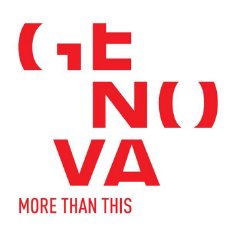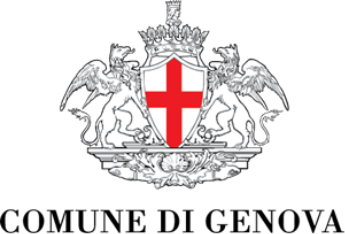Due to its story and to its collections, the Museum of Risorgimento in Genoa, housed in Giuseppe Mazzini’s birthplace, has always been an exception among other Italian museums.
Indeed, it was originally envisioned as a small “memorial museum” as early as 1875, few years after Giuseppe Mazzini’s death and earlier than other exhibitions and museums which opened in the major cities of the Italian peninsula as from 1878, the year of Vittorio Emanuele II’s death; it was the first and only museum devoted to representing the Risorgimento from a republican and Mazzinian point of view.
Since then the museum has gradually developed, and 1934 saw the creation of the Mazzinian Institute, a proper research centre complete with an exhibition space, an archive and a specialised library.
At the same time, thanks to donations and acquisitions, its collections have continued to grow until today, and they now constitute a rich historical heritage consisting of paintings, prints, weapons, uniforms, photographs, antiques, mementos and documents. These collections bring back to life not only legendary figures of the republican and democratic Risorgimento, such as Giuseppe Mazzini, Giuseppe Garibaldi and his Red Shirts, and Goffredo Mameli, but also people and events related to the first half of the 20th century.
The current exhibition layout was completely reorganized in 2005 to mark the bicentenary of Giuseppe Mazzini’s birth, and since then the layout has been renewed and extended more than once. It documents the historical events that led to the Unification of Italy, from the revolt of the Genoese against the Austrians in 1746 up to World War I, greatly thanks to the historical documents preserved in the Institute’s archives.
What still makes the Mazzinian Institute an important research centre on a national and international level, alongside the museum and the archives, well known and visited by scholars and tourists from all over Europe, is the presence of a considerable collection of books which include periodicals, essays, printed volumes about historical, philosophical, scientific and literary subjects, as well as a large number of publications related to the labour and cooperative movements.




